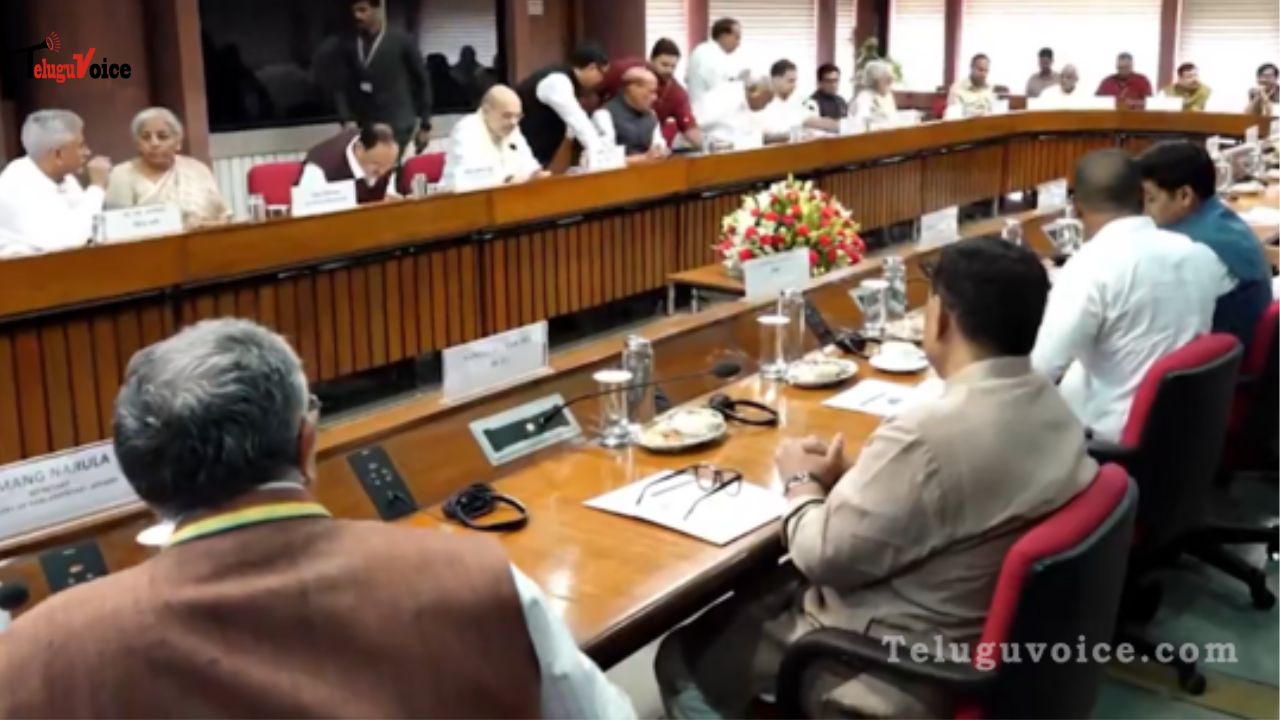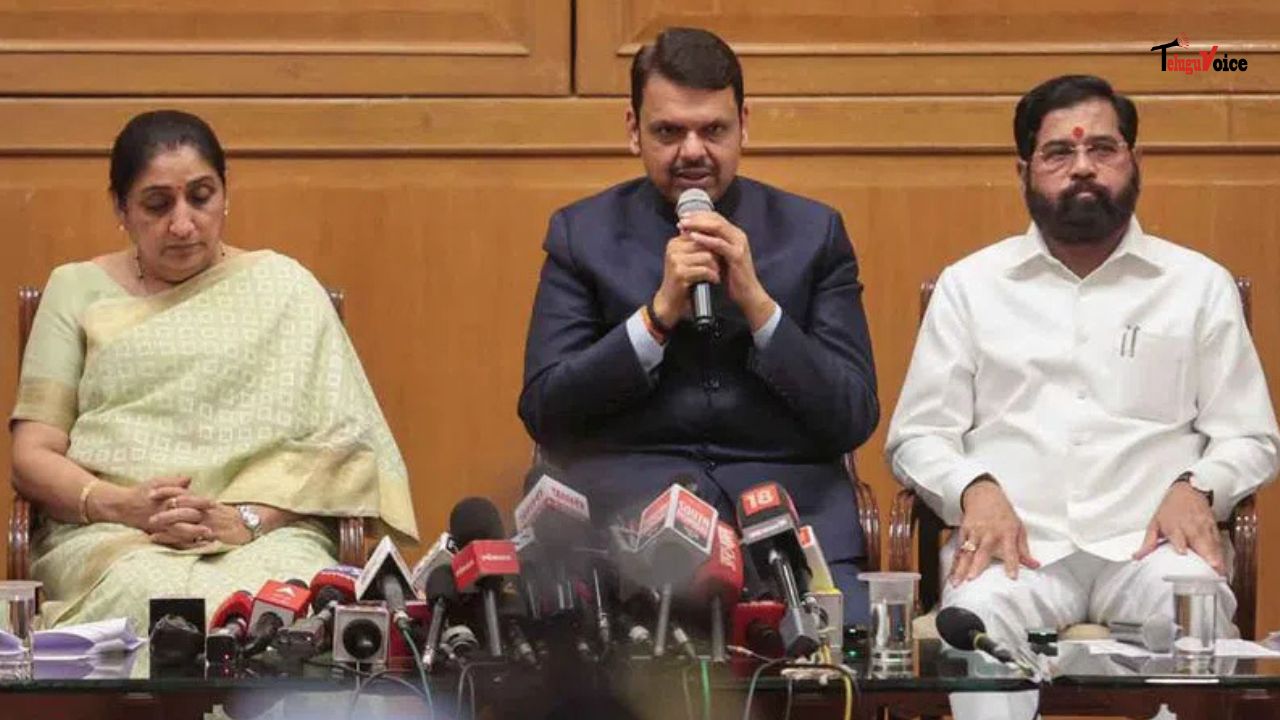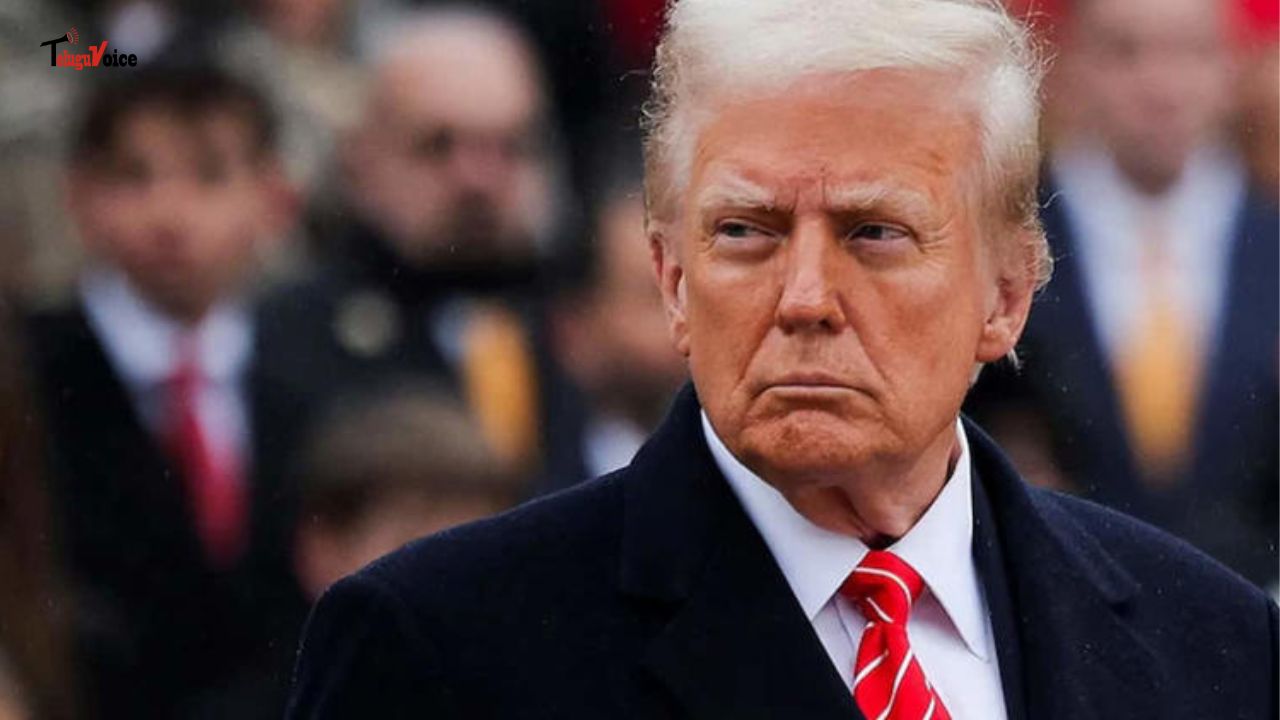Operation Sindoor: Political Unity as India Strikes Terror Camps Across LoC

In a bold response to the April 22 terror attack in Pahalgam that claimed 26 lives, the Indian armed forces launched Operation Sindoor on May 7. The precision strikes targeted nine terrorist camps across Pakistan and Pakistan-occupied Kashmir (PoK) between 1:04 am and 1:30 am. The operation aimed to dismantle terrorist infrastructure responsible for repeated cross-border violence.
Foreign Secretary Vikram Misri, Colonel Sofiya Qureshi, and Wing Commander Vyomika Singh briefed the media, stating that despite two weeks passing since the Pahalgam massacre, Pakistan had taken no action against the terror groups operating within its borders. Camps targeted included Sawai Nala and Syedna Belal in Muzaffarabad, Gulpur, Abbas, Barnala, Sarjal, Mehmoona Joya, and the Markaz Taiba and Subhan facilities in Bahawalpur.
In retaliation, the Pakistan Army resorted to artillery and mortar shelling across the Line of Control, killing 12 civilians and one Indian soldier. While Prime Minister Shehbaz Sharif condemned India's actions as an act of war, Defence Minister Khawaja Asif signaled a willingness to de-escalate if India reciprocated.
Following the strikes, India closed 27 northern airports and 25 international flight corridors over its airspace until May 10. Civil defence mock drills and blackout exercises were conducted across several states to prepare for potential escalation.
A special all-party meeting was convened by the Indian government to brief opposition leaders. Union Minister Kiren Rijiju praised the unified political response, stating all parties showed maturity and resolve. Leaders from Congress, TMC, DMK, RJD, and others backed the government’s strong stance against terror.
Operation Sindoor signals India’s shift toward proactive counter-terrorism strategy, sending a clear message that acts of violence on Indian soil will not go unanswered.

 South Africa tour of India 2019
South Africa tour of India 2019










Comments